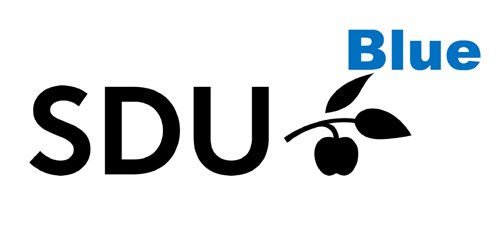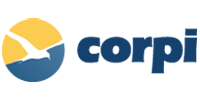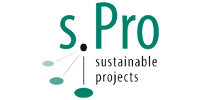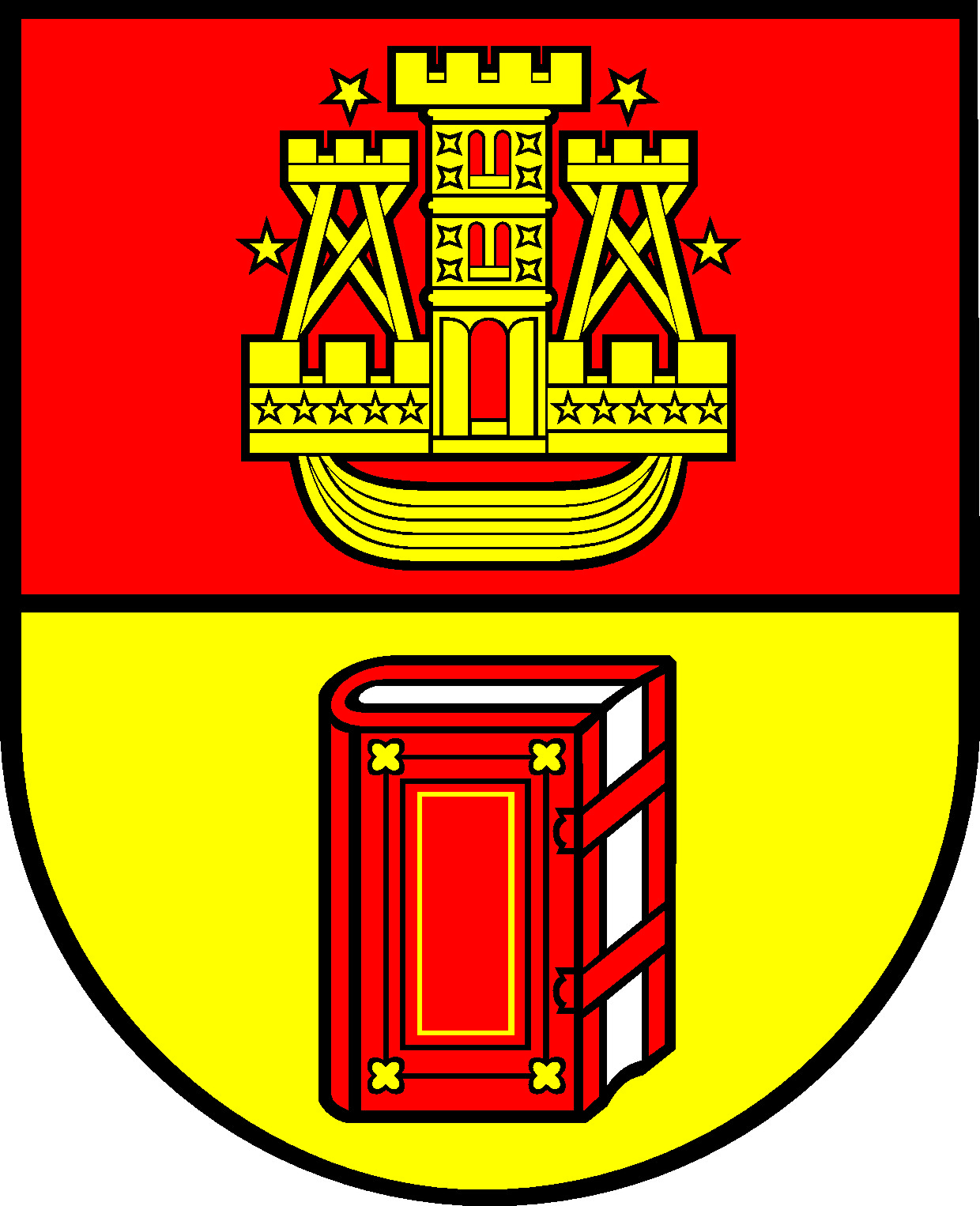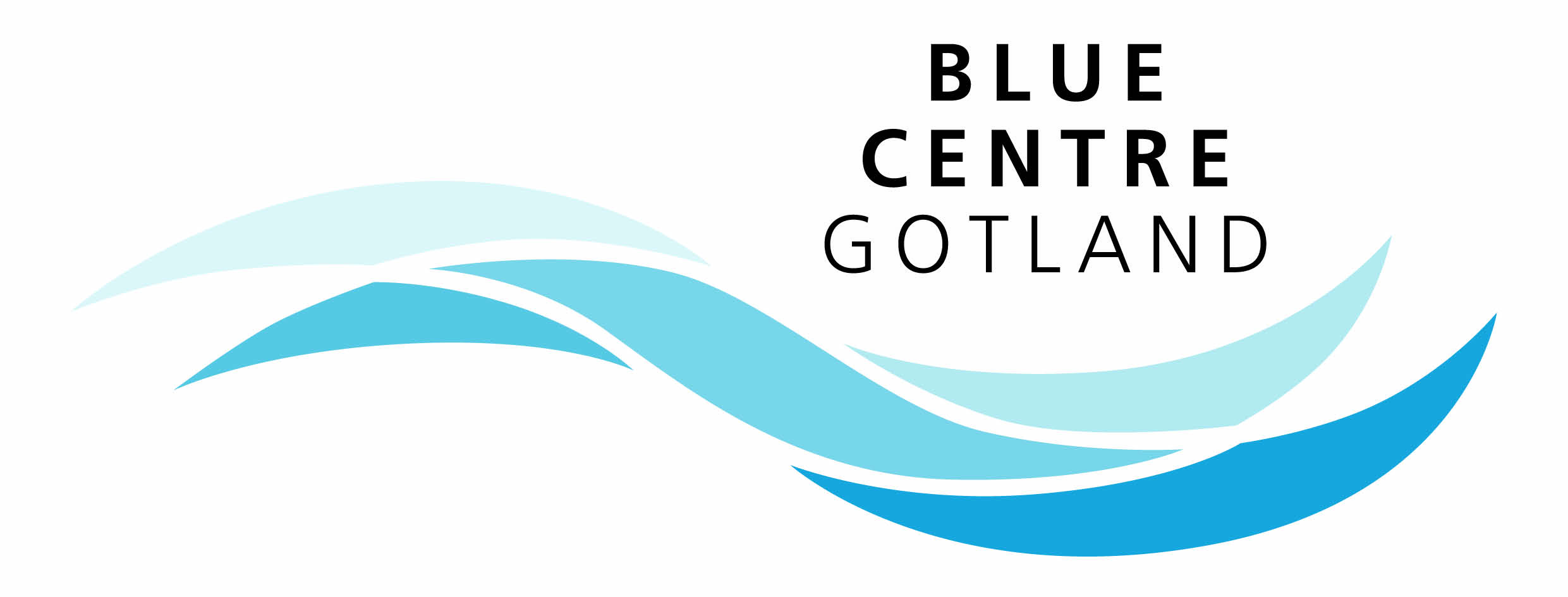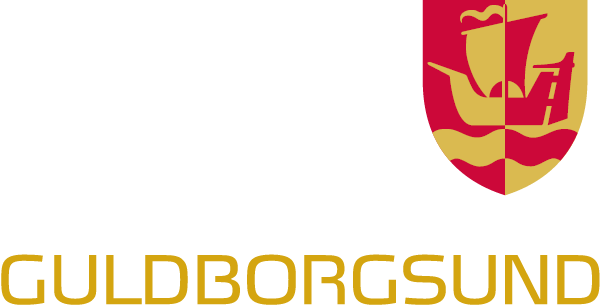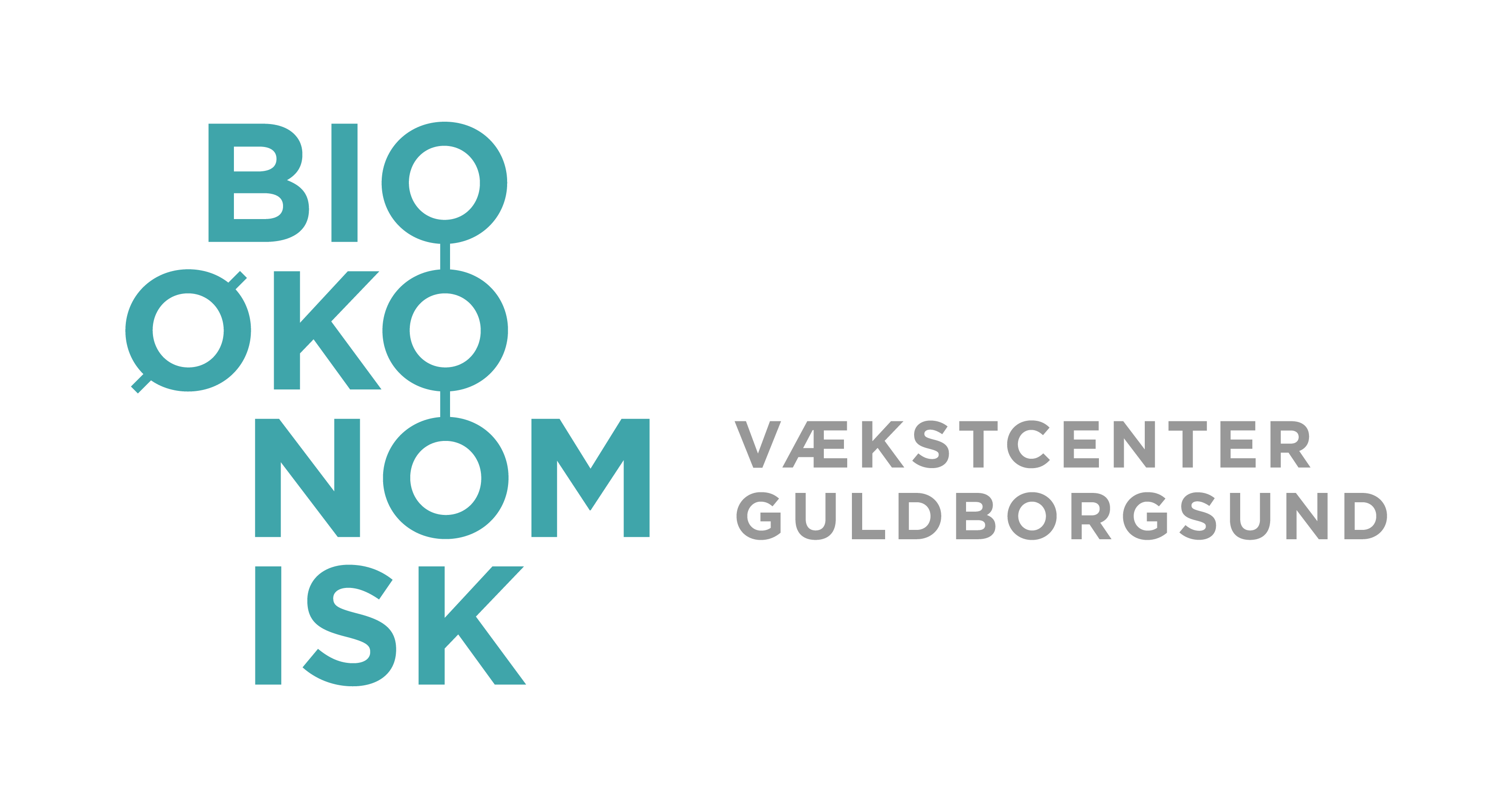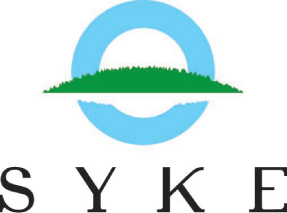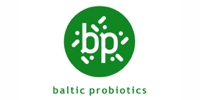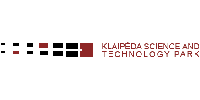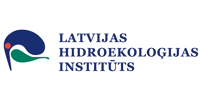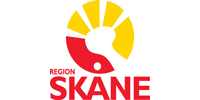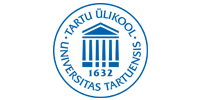Members of the SUBMARINER Network
Our members represent research institutions, public administrations, business parks
and private consulting from all shores of the Baltic Sea. Find out what motivates
them to join us and read their member profiles below.
-
University of Southern Denmark is the third largest university in Denmark. The university has widespread cooperation with business and industry in the region and considerable activities within continuing education. The Center for War Studies at the University of Southern Denmark hosts the disciplines of International Relations and International Law. It will reach out to area studies, history, and any discipline which can bring insight into its domain. One of the focuses of the Center is maritime law.
-
Kristina Siig
phone: +45 65 50 32 26
email: kms(at)sam.sdu.dk
The Ministry of Economic Affairs, Transport, Employment, Technology and Tourism Schleswig-Holstein organises the initiative “Sea Our Future” that brings together all maritime issues of the Land’s government. The Ministry promotes the sustainable development of the North Sea and the Baltic Sea and acts as flagship leader of the SUBMARINER Network in the framework of the EU Strategy for the Baltic Sea Region (EUSBSR).
-

Steffen Lüsse
phone: +494319884551
email: steffen.luesse(at)wimi.landsh.de
The Maritime Institute in Gdańsk (MIG) is a research and development unit supervised by the Polish Ministry of Infrastructure and Development dedicated to maritime economy. The institute is co-leader of the SUBMARINER Network flagship project and (co-) coordinates the following strategic action fields of the SUBMARINER Roadmap: Actors, Ecosystem Services, Finance, Regulation and Image.
-

Joanna Przedrzymirska
phone: +48.58. 301 9339
email: joaprz(at)im.gda.pl
BioCon Valley® is the initiative for life science and health economy of Mecklenburg-Vorpommern, Germany. BioCon Valley® supports the commercial use of modern life sciences and bio- and medical technologies in the region. BioCon Valley´s tasks are networking, managing life science start-up centers (bioincubators), project management and coordination, and life science specific public relation. BioCon Valley collaborates in strategic partnership with life science initiatives in the Baltic Sea Region, Japan and Vietnam.
-

Rainer Cramm
phone: +49 3834 8719896
email: This email address is being protected from spambots. You need JavaScript enabled to view it.
The Coastal Research and Planning Institute (CORPI) is a non-profit public research institute founded to carry out R&D activities in order to foster the implementation of maritime policy and development of the maritime economy. The institute has a special focus on marine energy and port development systems, environmental impact and planning of maritime activities.
-

Nerijus Blažauskas
phone: +370.46.398 838
email: This email address is being protected from spambots. You need JavaScript enabled to view it.
The Danish Technological Institute is the oldest and largest Research and Technology Organization (RTO) in Denmark. Founded in 1906, DTI is a self-owned non-profit institution that develops, applies, and disseminates technology to Danish and International business sectors. DTI’s areas of expertise span a wide range, from production of advanced nanomaterials and particle accelerators, to robotics, (food) process technology, and bio-refinery concepts. Within the marine resources our focus is on improving the design of cultivation installations, developing automation technologies and bio-refinery concepts, as well as the cross-cutting foci on logistics and how marine resources fit within the wider bio-economy framework.
-

Hilary Karlson
phone: +45. 7220 3441
email: hika(at)teknologisk.dk
GEOMAR is one of the leading institutions of marine science worldwide. The institute investigates the chemical, physical, biological and geological processes of the seafloor, oceans and ocean margins and their interactions with the atmosphere. Its Centre for Marine Biotechnology (GEOMAR-Biotech) is a unique, state-of-the-art centre dedicated to outstanding research in marine biotechnology and biodiscovery and the transfer of research results to application. GEOMAR-Biotech is the successor of the Kiel Centre for Marine Natural Products (also known as Kieler Wirkstoff-Zentrum, KiWiZ), which was founded in 2006 through financial support of the Ministry of Economic Affairs, Employment, Transport and Technology Schleswig-Holstein.
-

Deniz Tasdemir
phone: +49. 431 600 4430
email: dtasdemir(at)geomar.de -
Martina Blümel
phone: +49. 431 6004439
email: mbluemel(at)geomar.de
The Royal Institute of Technology (Kungliga Tekniska Högskolan, KTH) in Stockholm is the largest, oldest and most international technical university in Sweden. No less than one-third of Sweden's technical research and engineering education capacity at university level is provided by KTH. Education and research spans from natural sciences to all the branches of engineering and includes architecture, industrial management and urban planning. Industrial Ecology at KTH has played a key role in the SUBMARINER project and is also a founding member of the Network. Associate professor Fredrik Gröndahl was responsible for the work with cultivation and harvest of macroalgae biomass in the Baltic.
-

Fredrik Gröndahl
phone: +46.8.790 61 58
email: fgro(at)kth.se
s.Pro – sustainable projects is a consulting company based on more than fifteen years of experience in the management of international projects. s.Pro initiates, prepares, manages and follows–up on transnational projects. We do not only cover the whole project cycle but also address specific areas of expertise related to sustainable development: maritime policy and blue growth, resource efficiency and regional development. Our work philosophy is based on the desire to develop projects which not only cover sustainable development but are also sustainable in themselves.
-

Angela Schultz-Zehden
phone: +49.30.832 1417 40
email: This email address is being protected from spambots. You need JavaScript enabled to view it.
-
-

Kalmarsundskommissionen (Eng. The Kalmar Sound Commission) consists of 7 coastal municipalities and representatives from the Region, Linneaus University, Farmers association and Water users partnerships of the Kalmar Sound area. The aim is to raise political awareness about the environmental situation in the coastal Baltic Sea. The members operate a broad spectra of actions, including farm-land measures to reduce nutrient leakage, mussel farming, low-flow dredging and restauration of important habitats. Kalmarsundskommissionen is interested in ideas and cooperation that could eventually turn the problem with eutrophication in the Baltic Sea into possibilities for new technology, services and job opportunities.
-

Susanna Minnhagen
phone: +46 480 450172
email: susanna.minnhagen(at)kalmar.se

The University of Gothenburg (UGOT) meets societal challenges with diverse knowledge. 37 000 students and 6 000 employees from all around the world make the university a large and inspiring place to work and study. UGOT is environmentally certified and works actively for sustainable development. The research at UGOT is characterised by multidisciplinary cooperation. The Department of Marine Sciences at UGOT is Sweden’s most complete, interdisciplinary environment for marine research and marine education, and is one of only a few such organisations in Europe. With broad and cutting-edge expertise and access to unique marine infrastructure such as research vessels and field stations, the department enjoys excellent conditions for marine research and education.
-

Henrik Pavia
phone: +46.31.786 96 85
email: henrik.pavia(at)marine.gu.se
Klaipeda University is represented by the subdivision Marine Research Institute (MRI). Marine Research Institute is unique centre of fundamental and applied marine research in Lithuania. Being equipped with modern research infrastructure MRI is providing high level scientific and technological research services for maritime business and national environmental authorities. Established fleet and modern laboratories allows carrying out the oceanographic research and complex analytical investigations of marine environment.
-
Zita Rasuole Gasiunaite
phone: +370 69 830 087
email: This email address is being protected from spambots. You need JavaScript enabled to view it.

The oceanBASIS GmbH was founded in 2001 by marine biologists. The company is specialized in developing marine products such as algae extracts. The vision of oceanBASIS is making the valuable marine ingredients available for the health of many people, and at the same time protect the marine ecosystem. oceanBASIS is the world's leading "treasure lifter" of active ingredients from the sea. Based on the scientific experience oceanBASIS has developed a natural cosmetics line based on sustainably produced marine ingredients.
-
Levent Piker
phone: +49 431-3645-887
email: lpiker(at)oceanbasis.de
Blue Center Gotland (BCG) is a common project among the Uppsala University, the provincial authority in Gotland district and the region Gotland. The initial point for BCG’s activity is water, which is the most important resource for people. BCG is working with development concerns about water: on land, on the coast and on the sea. The BCG deals with three activity areas:
- Regional specialized center (collection and dissemination of information about water)
- Project factory (running of development projects either themselves or in collaboration)
- Incubator (guidance and support of project ideas).
-
Gunilla Rosenqvist
phone: +46 498108250
email: This email address is being protected from spambots. You need JavaScript enabled to view it.
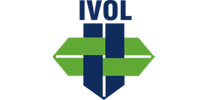
The Association of Local Authorities of Ida-Viru County is a umbrella organization for 8 local municipalities (4 cities and 4 rural municipalities). Since 2018, the association’s responsibility is to coordinate the development at the county level and implement development projects. Ida-Viru county is part of North-Estonia and Gulf of Finland economic region. The key players of the region in the blue economy sector are the port of Sillamäe – the biggest private owned port in the Baltic sea - and the coastal tourism sector with SPA-facilities and small marinas.
-

Hardi Murula
email: This email address is being protected from spambots. You need JavaScript enabled to view it.(This email address is being protected from spambots. You need JavaScript enabled to view it.
Guldborgsund Municipality (GBS) is dedicated to supporting the transition to a green circular bio economy as a growth driver. GBS has implemented a cross-sectoral taskforce for developing both blue and green biomass based bio-economy and since 2017 has had strengthened focus on bio-economy as a business driver with the establishment of “Bio-Economy Hotspot Guldborgsund”.
Bio-Economy Hotspot participates in projects and programs that capture new knowledge, ready to implement into green cascade production and business symbioses. Biomass from land and sea provide food, chemicals, pharmaceuticals, materials, cleaning agents and green energy. In cascade production, high value compounds are extracted from e.g. agricultural residuals and residue from one business therefore becomes a resource for another. Finally, biogas production can add to the list of bio-value chain products, and the nutrients from digested biomass are returned to the soil for new plant production, thus completing the circular bio-economy process.
GBS would like to see bio-based production in rural areas providing everyday necessities, empowering our citizens with a modern life style to make sustainable choices - from food to household cleaning agents and personal care products - all non-fossil and with low CO2 footprint.
-

Mette Jørgensen
phone: +45 2518 1833
email: This email address is being protected from spambots. You need JavaScript enabled to view it.
The Finnish Environment Institute (SYKE) is both a research institute, and a centre for environmental expertise. SYKE Marine Research Centre aims at producing information and new solutions that help decision-makers to promote the protection and sustainable use of the Baltic Sea. SYKE Marine Research Centre leads the Finnish Marine Research Infrastructure FINMARI and is nationally in charge of monitoring and research of the Baltic Sea.
Baltic Probiotics Ltd. was established in 2013 and located in Rucava, Latvia. The initial core business was the sale of probiotic-based products, but at the moment company develops production sphere. These products are an all-natural and produced through a natural fermentation process using a beneficial microorganisms and yeasts. These products contain powerful blend of beneficial microorganisms (up to 11 in one product), enzymes and antioxidants, cane molasses, sea salt and plant extracts. Usage - veterinary, agriculture, animal husbandry, crop production, food processing, environmental protection, biogas production and other industries. Technology of development and application of products is based on scientific research in environmental microbiology. Usage of probiotics contributes to a healthy and viable environment (ecosystem) formation.
-

Arta Bārdule
phone: +123 45678910
email: arta(at)balticprobiotics.lv
Klaipeda Science and Technology Park (KSTP) is a non-profit organization founded in 2002 by the Lithuanian Ministry of Economy and Klaipeda University, providing strategic, technical and administrative assistance to companies/projects related to the development of new technologies and innovations. The mission of the KSTP is to promote the development of modern scientifically susceptible technologies, to provide infrastructural and consulting services for innovative enterprises and business ideas in the western Lithuania and in the whole country.
-

Andrius Sutnikas
phone: +370. 46 310461
email: projects(at)kmtp.lt
The Latvian Institute of Aquatic Ecology (LIAE) is a state research institute under supervision of the Minister of Environment and regional development. Originally dedicated to basic and applied research of ecology and environmental problems in the Baltic Sea, LIAE has become the leading institution in the environmental expertise for marine and freshwater issues in Latvia. In the Latvian part of the Gulf of Riga and Baltic Proper LIAE is responsible for marine environmental monitoring. Within the SUBMARINER Network, LIAE is co-coordinator of the strategic action field Environmental impacts.
-

Anda Ikauniece
phone: +371 676 01995
email: anda.ikauniece(at)lhei.lv
The National Marine Fisheries Research Institute (NMFRI) in Gdynia is Poland’s oldest marine science centre. It is a research and development unit supervised by the Polish Ministry of Agriculture and Rural Development. Originally dedicated to marine ecology, fisheries and fish food processing, NMFRI has become a place for interdisciplinary research on the Baltic environment and fisheries sector economy. The Institute investigates the natural and human impact on the Baltic Sea and its interactions with the economy and society. NMFRI performs and promotes research on processing technology, food safety, water quality, and utilization of marine ecosystems.
-
Iwona Psuty
phone: +48. 587 356 236
email: This email address is being protected from spambots. You need JavaScript enabled to view it.
‘Pomorskie in the European Union‘ Association has been established by the Pomorskie Region authorities. It gathers local self-governments, regional development agencies, universities, NGOs, chambers of commerce and cultural institutions. Its main tasks are: foster a positive image of Pomorskie on the European scene, act as channel of information between the Pomorskie stakeholders and EU actors, lobby for European and Pomorskie interests and help Pomorskie be a full-fledged partner within the EU. The association has developed extensive cooperation links with European organisations and institutions on issues like: Baltic cooperation, cohesion policy, financial instruments, education, transport, R&D or innovation.
-

Joanna Przedrzymirska
phone: +48 607 863 588
email: This email address is being protected from spambots. You need JavaScript enabled to view it..This email address is being protected from spambots. You need JavaScript enabled to view it. -

Krystyna Wróblewska
phone: +48 58 32 68 701
email: k.wroblewska(at)pomorskie.eu -

Magda Leszczyna-Rzucidło
phone: +48 58 32 68 714
email: m.leszczyna-rzucidlo(at)pomorskieregion.eu
Region Skåne in the south of Sweden is responsible for healthcare and public transport, business development, culture, infrastructure, social planning and environmental and climate-related issues in the context of regional development in Skåne. With 32,000 employees, Region Skåne is one of Sweden’s biggest employers. The overarching vision for Region Skåne is “World Class Quality of Life”. Collaboration and sharing across boundaries are a prerequisite for the creation of a successful, sustainable region. By tackling environmental and societal challenges by mobilizing the R&D as well as the business sector many new important jobs can be created.
-

Helena Tsiparis
phone: +46 44 309 32 81
email: helena.tsiparis(at)skane.se
The region Östergötland carries out the regional development policy, municipal coordination and government assignments as well as international coordination. The region is responsible for regional issues like health and nursing, culture and creativity, entrepreneurship and employability as well as spatial development planning in East Sweden region. The department involved in the SUBMARINER Network is involved in projects within business development, international projects and environmental challenges.
-

Lena Tasse
phone: +46 10-103 69 46
email: This email address is being protected from spambots. You need JavaScript enabled to view it.
The administration of Riga Planning Region (RPR) is a state institution supervised by the Ministry of Environmental Protection and Regional Development. RPR Development Council representing 30 municipalities of Riga regions is its decision making authority. The task of the regional administration is to ensure regional development planning, coordination, collaboration between local governments and other national governmental institutions. The mission of the region is to coordinate and to promote sustainable and balanced development of Riga region.
-

Inga Brieze
phone: +371 6755 9823
email: inga.brieze(at)rpr.gov.lv
The Scottish Association for Marine Science (SAMS) has an international reputation in marine science with active research in microbial & molecular biology, ecology, biogeochemistry and physics. Microbial research focuses on bacteria, phytoplanton, protozoa and other eukaryotic protists. A wide range of fundamental and applied research projects undertaken use observational, experimental, genomic, bioinformatic and chemoinformatic approaches to investigate the biology, ecology and biotechnology of microbes in coastal and ocean habitats from the tropics to the poles. They are home to the Culture Collection of Algae and Protozoa (CCAP), which houses approximately 3000 different strains of algae and protozoa from arrange of diverse ecological niches. They are also an academic partner delivering undergraduate and postgraduate education as a part of the University of the Highlands and Islands.
-

Michele Stanley
phone: +44 (0) 1631 559295
email: Michele.Stanley(at)sams.ac.uk
Tartu Biotechnology Park provides excellent physical infrastructure as well as business development and consultancy services to companies and R&D institutions in the fields of biotechnology, medicine and veterinary medicine. It supports companies in finding cooperation partners and is active in the establishment process of new companies. From the 2005 we are running BioMed business incubator with a mission to create favorable environment for start-up enterprises. TBP collaborates closely with biotechnology parks and IRCs in Europe and USA. We are a member and Estonian contact point of ScanBalt fmba.
-

Mariann Nõlvak
phone: +372. 7 383 053
email: mariann(at)biopark.ee
The University of Gdańsk (UG) is the largest institution of higher education in the Pomeranian region and the leading Polish university with regards to maritime research and education in the fields of natural and social sciences as well as the economics and law of the sea. The Institute of Oceanography at University of Gdańsk (IOUG) educates students in oceanography, geology, offers doctoral programme in oceanography and conducts interdisciplinary research into all aspects of marine science in the open sea and coastal zone of the shelf seas. IOUG is actively involved in implementation of the ecosystem approach into the development and management of marine areas.
-

Natalia Gorska
phone: +48 58 523 68 83
email: This email address is being protected from spambots. You need JavaScript enabled to view it. -

Hanna Łądkowska
phone: +48. 58 523 68 69
email: This email address is being protected from spambots. You need JavaScript enabled to view it.
The University of Tartu is the biggest and most prestigious classical university in Estonia. It was established by King Gustavus Adolphus of Sweden in 1632, thus being one of the oldest universities in Northern Europe. The Estonian Marine Institute of the university is providing scientific support on ecosystem based management of human activities related to sustainable use of the marine space and resources. Research is focusing on the marine biology and biodiversity, sustainable use of marine ecosystem services including the fishery resources, environmental safety of maritime transport, maritime spatial planning as a tool for practical implementation of the ecosystem based approach.
-

Robert Aps
phone: +372. 671 8942
email: This email address is being protected from spambots. You need JavaScript enabled to view it.
-
